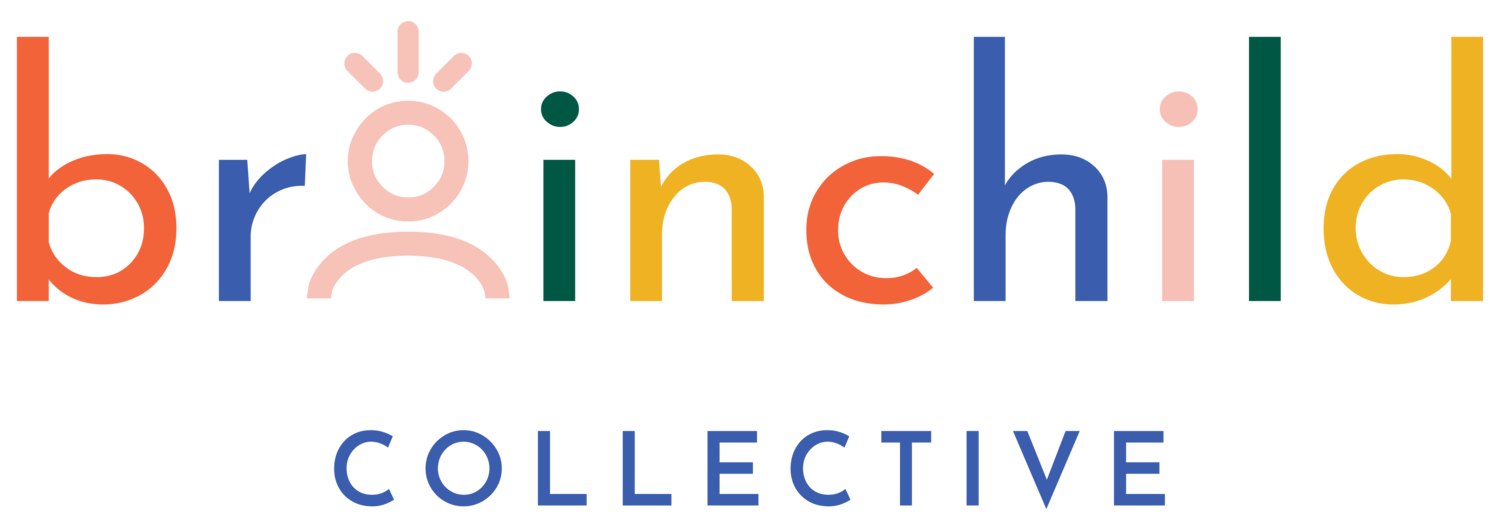SEL Programming for Chicago Public Schools
Social-emotional learning (SEL) has been gaining significant attention in educational circles over the past few years—and for good reason. As the demands of the 21st century continue to evolve, it's clear that academic achievement alone won’t ensure a student's success. According to the Collaborative for Academic, Social, and Emotional Learning (CASEL), SEL not only boosts students' academic performance but also fosters better behavior, reduces emotional stress, and encourages positive social behaviors1.
To our esteemed principals, assistant principals, and counselors who make crucial decisions for our students' welfare, consider this: our children spend the majority of their formative years in school. This environment plays a pivotal role in molding not just their academic prowess, but their emotional and social skills. In Chicago Public Schools, where the diversity of backgrounds and challenges can be vast, SEL becomes even more essential.
In light of the increasing importance of SEL, here are three prominent service providers offering SEL programming tailored for Chicago Public Schools:
Design Dance
What they offer: Design Dance believes in the power of creative expression. They introduce students to dance as a way to build self-awareness, self-management, and interpersonal relationships. Dance not only serves as a form of physical expression but also allows students to understand and regulate their emotions. When students dance, they are telling a story, communicating feelings, and building connections with others.
Knuckleball Comedy
What they offer: Humor is a universal language. Knuckleball Comedy focuses on the power of laughter, bringing improvisation programs to schools. Through comedy and improv exercises, students learn flexibility, quick thinking, collaboration, and the beauty of turning mistakes into moments of laughter. It's a unique approach that underlines the importance of resilience and adaptability.
The Brainchild Collective
What they offer: The Brainchild Collective intersects the world of art and academia. By integrating music, theater, and other arts into the curriculum, they provide students with multidimensional learning experiences. This not only enhances creativity but also assists in emotional and social growth, teaching students empathy, teamwork, and understanding.
Why Do Schools Need SEL Programming?
Academic Achievement: SEL is no longer an “add-on” to the curriculum. Studies indicate that SEL can lead to an 11 percentile-point gain in academic achievement.
Emotional Well-being: SEL helps students identify, understand, and manage their emotions, leading to better mental health.
Building Positive Relationships: Through SEL, students learn the skills to forge stronger, healthier relationships, promoting community and mutual respect.
Considerations When Hiring a Third-Party Vendor
Alignment with School Values: Ensure the program aligns with the school's ethos and educational goals. A good SEL program should feel like an extension of the school's mission.
Research-Backed Methods: SEL is a field backed by substantial research. Ensure the service providers use evidence-based methods in their programs.
Flexibility and Customization: Every school is unique, and so are its students. The service provider should be willing and capable of tailoring their program to fit your school's specific needs.
Track Record: Check for testimonials, case studies, or success stories from other schools that have worked with the service provider. A proven track record can provide assurance of the program's efficacy.
In conclusion, as decision-makers, integrating SEL into our schools should be a priority. It's not just about meeting academic benchmarks but shaping well-rounded, emotionally intelligent individuals ready to face the challenges of the future. With the right partner and program, Chicago Public Schools can be a beacon of holistic education for all.
Sources:
"Benefits of SEL." Collaborative for Academic, Social, and Emotional Learning (CASEL).
"The Impact of Enhancing Students’ Social and Emotional Learning: A Meta‐Analysis of School‐Based Universal Interventions." Child Development, 2011.
